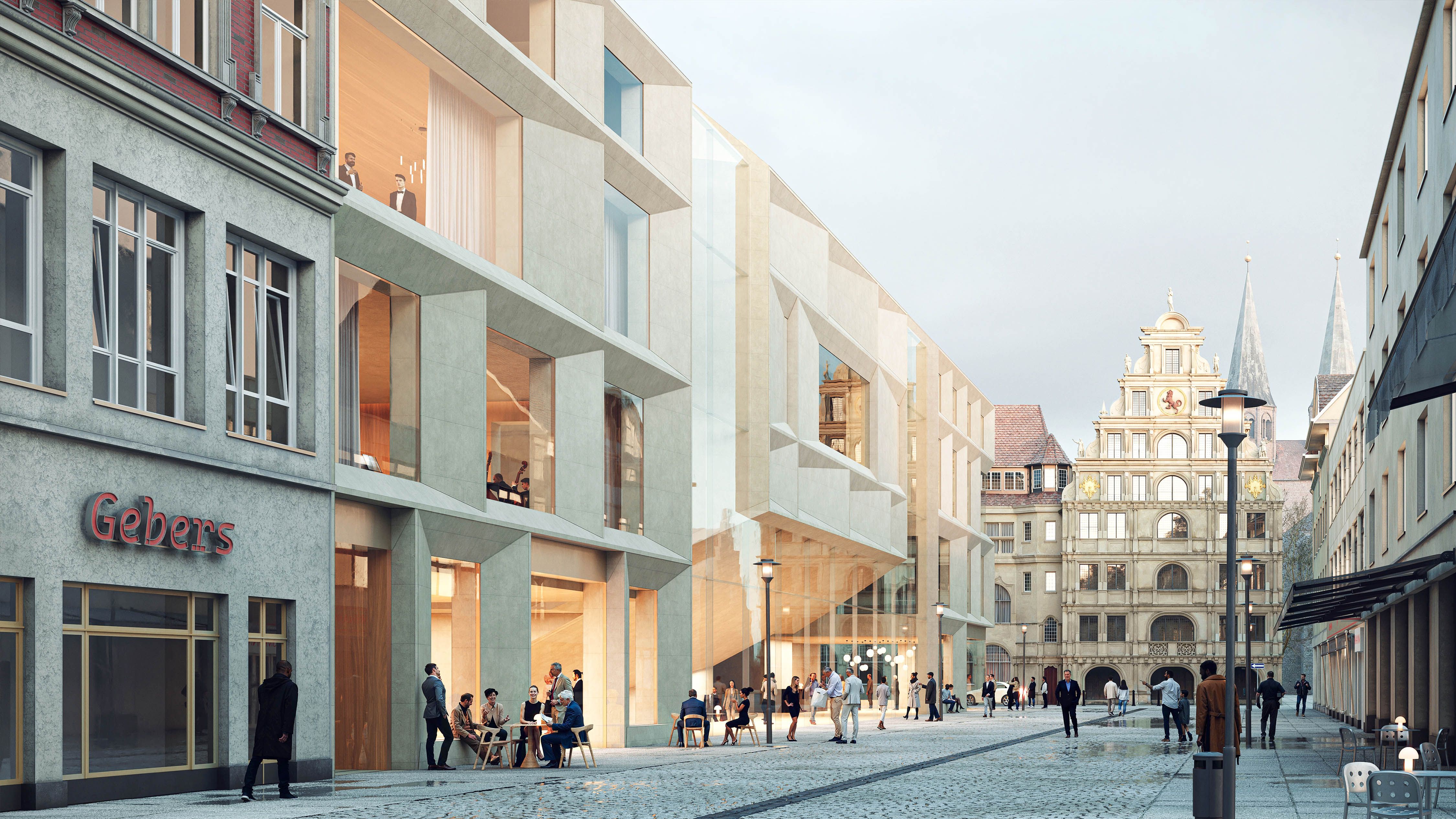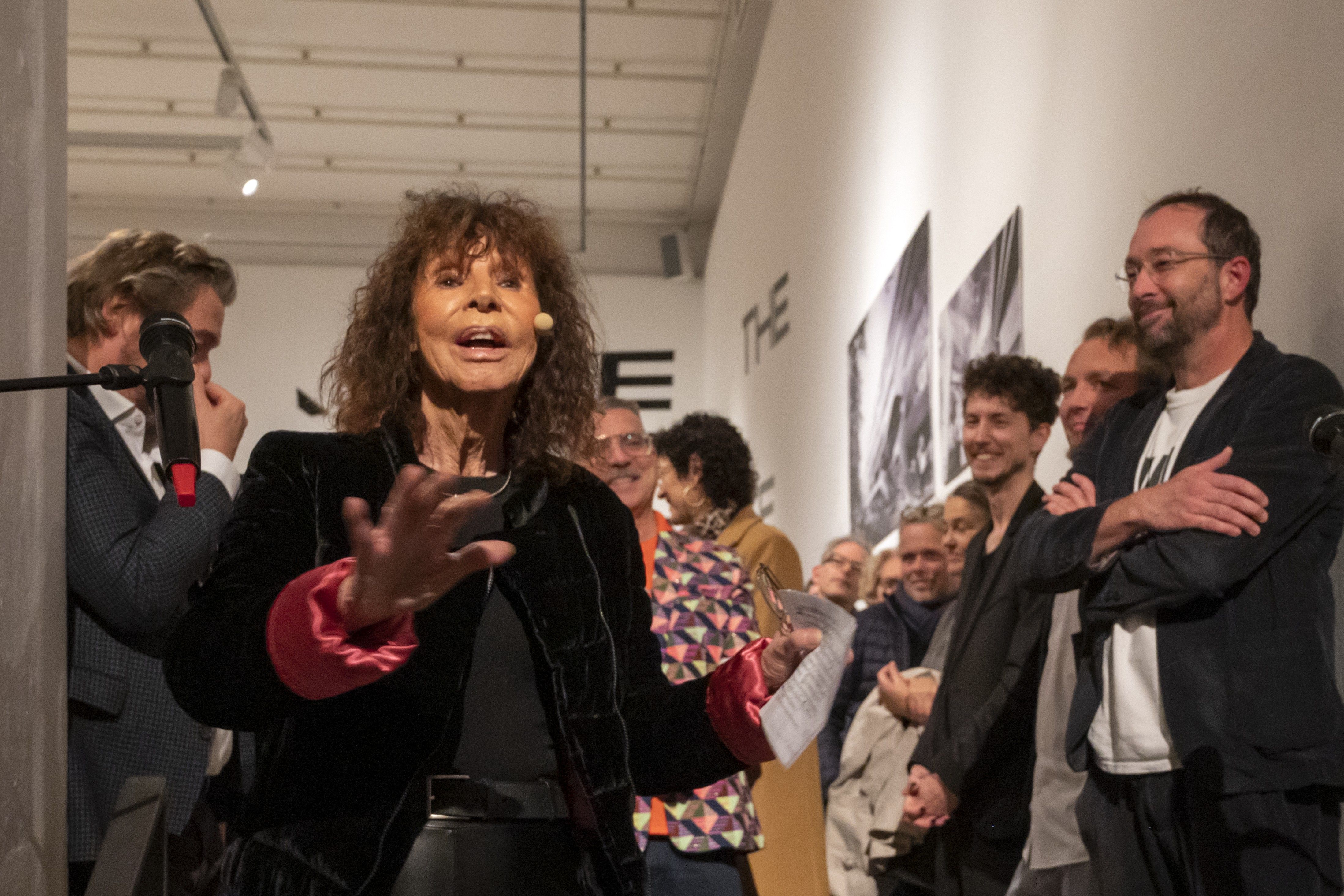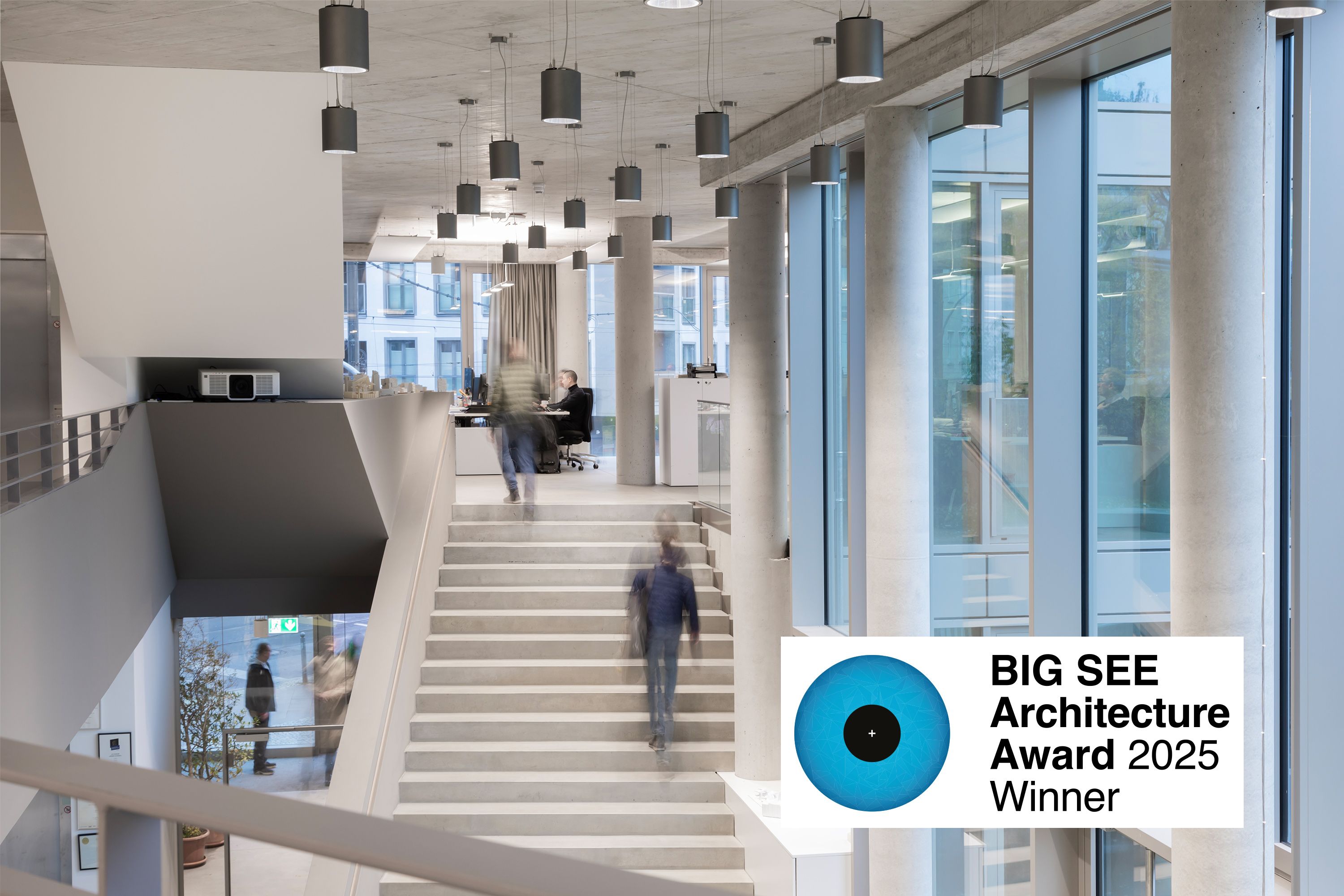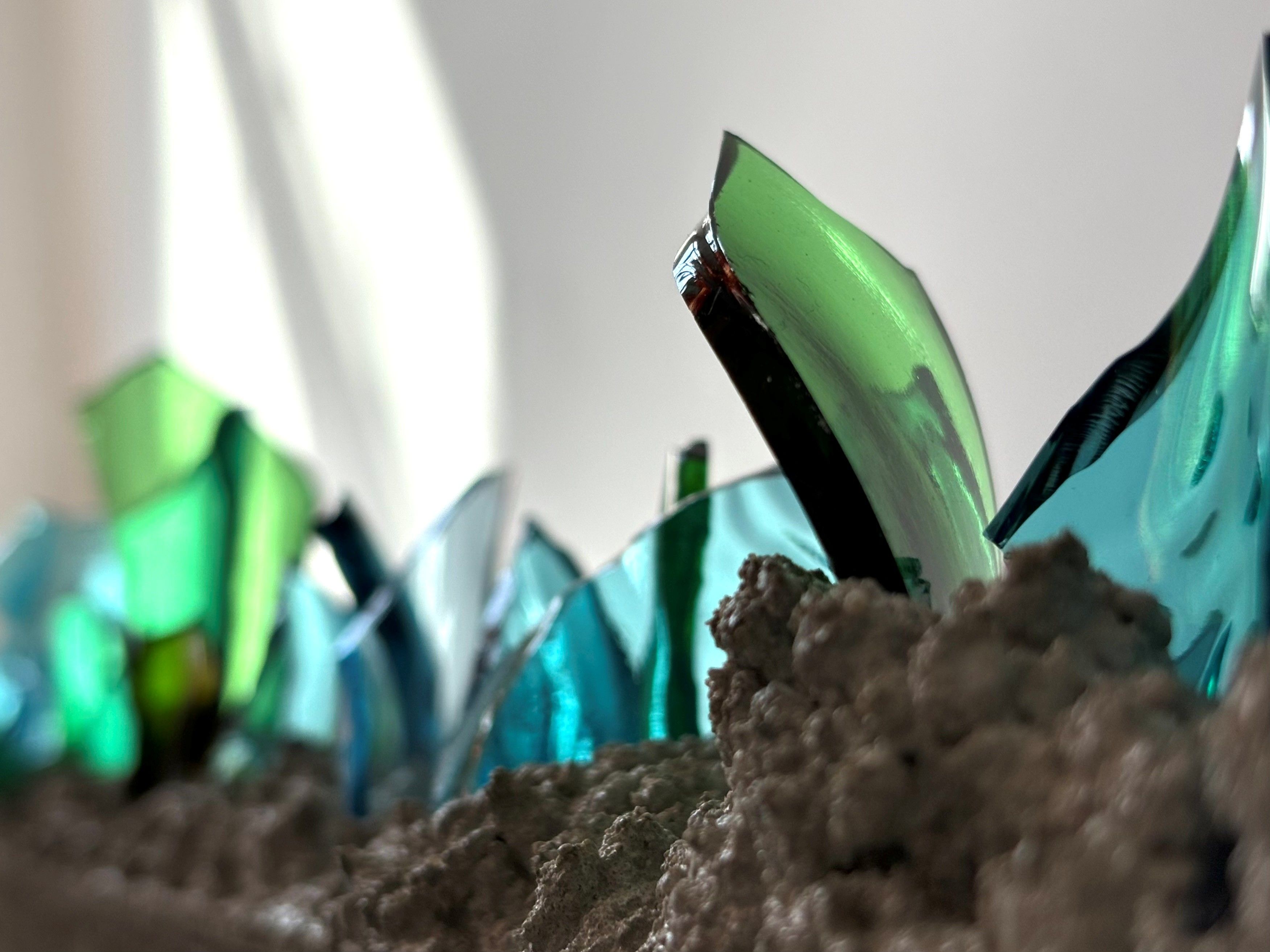Ein Leben für die Architektur
Kristin Feireiss
* 01.07.1942 † 20.04.2025
Der Tod unserer lieben Freundin Kristin Feireiss hat uns tief getroffen. Mit ihr verlieren wir eine Mentorin, eine inspirierende Stimme und Begleiterin unserer Geschichte. Wir denken in diesen Tagen voller Dankbarkeit an die vielen Momente zurück, die wir mit Kristin teilen konnten.
Schon in unseren ersten Begegnungen vor mehr als 20 Jahren hat Kristin uns mit ihrer zugewandten Art und ihrer Begeisterung für das Neue und Ungewohnte für sich eingenommen. 2007 hat sie uns für unsere erste Ausstellung „Graftworld“ in ihre Galerie geholt, den hochgezogenen Augenbrauen so mancher Kritiker zum Trotz. Es folgte die gemeinsame Arbeit an der Publikation „Architecture in Times of Need“, die sich dem Projekt Make it Right und dem Wiederaufbau des Stadtviertels Lower Ninth Ward in New Orleans, das durch den Hurrikan Katrina zerstört war, widmete und die sie durch ihren kritischen Blick und ihr Verständnis sozialer Zusammenhänge bereicherte.
Wir haben Kristin bei so vielen Gelegenheiten immer mehr kennen und lieben gelernt. Sie schaffte den Raum für unzählige Gespräche und Begegnungen, für Ausstellungen und Symposien im zusammen mit Hans-Jürgen so großartig geführten und durch den Campus erweiterten Aedes Lebensprojekt. Auch ihren privaten Raum machte sie häufig zum offenen Haus der Begegnung von Kollegen und Freunden. Sie lebte ihr Leben für die Architektur.
So war es auch keine Frage, wo die Ausstellung zu unserem 25-jährigen Bürojubiläum stattfinden würde. 2023 eröffnete diese zweite Ausstellung „Taste Is The Lack Of Appetite“ im Aedes Architekturforum mit einer rauschenden Vernissage.
Als international geschätzte Architekturvermittlerin hat Kristin Feireiss die Diskussionen über Architektur und Städtebau in der Öffentlichkeit maßgeblich geprägt. Ihr Engagement und ihre Neugier waren unvergleichbar. Was sie uns und ihren vielen Wegbegleitern geschenkt hat, wird bleiben und weiter wirksam sein. Wir wünschen Hans-Jürgen, Lukas und ihrer weiteren Familie sowie dem Team des Aedes viel Kraft in dieser Zeit.
Kristin war für uns nicht nur die große deutsche Dame der Architektur, sondern in allen Lebenslagen eine begehrte Ratgeberin und immer eine gute Freundin. Wir vermissen Dich.
Sven Fuchs, Lars Krückeberg, Wolfram Putz, Georg Schmidthals, Thomas Willemeit und alle Grafties



